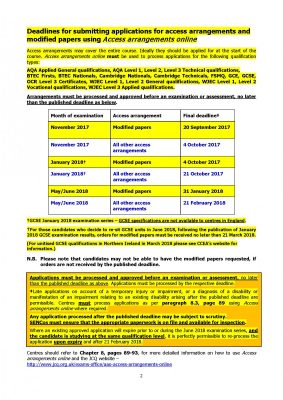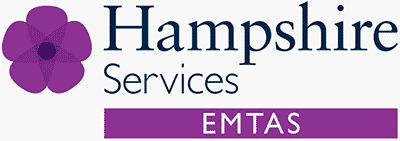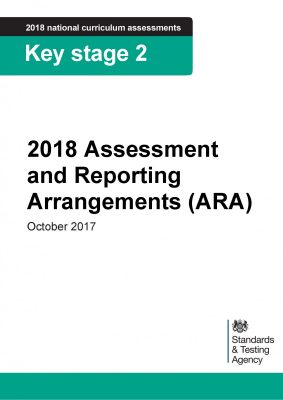for Qualifications
Arrangements for various qualifications are listed in the sections below:
Access Arrangements 2017 - 2018
Bilingual translation dictionary only – no requirement to apply online, record the use or collate supporting evidence.
There have been changes to the arrangements for Bilingual Dictionary + Extra Time arrangements. These are highlighted in yellow on the document.
It is recommended that you consult the entire document, which can be accessed by clicking on the image below.
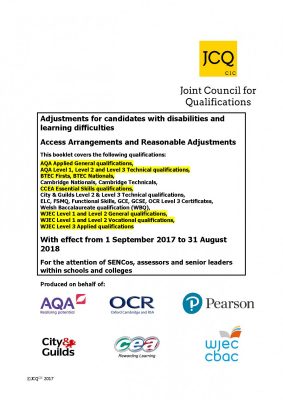 Bilingual translation dictionary & 10% Extra Time – online application required, evidence must be compiled by the EAL-Coordinator or SENCO and made available for inspection.
Bilingual translation dictionary & 10% Extra Time – online application required, evidence must be compiled by the EAL-Coordinator or SENCO and made available for inspection.
See Chpt 5.18 (pp.71 – 73) for full details of eligibility, evidence requirements, and exceptions; also see Chpt 8 (pp.89-96) for processing arrangements; and p.2 for application deadlines.
Deadlines for submitting applications for access arrangements and modified papers
Chpt 5.18 Bilingual translation dictionaries with 10% extra time
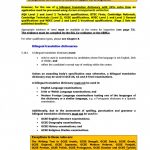
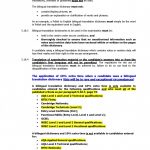
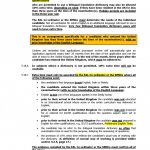
Chpt 8 Processing applications for access arrangements
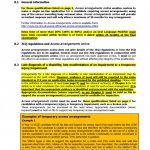
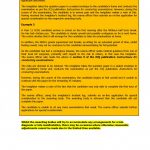
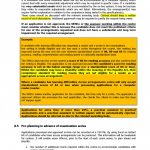
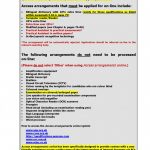
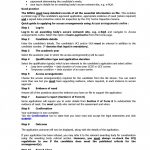
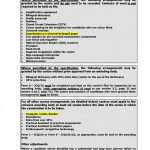
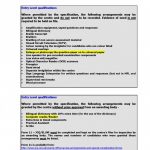
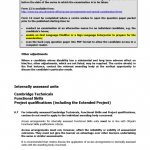
Also see:
KS2 ARA 2018
Chpt 5.3 Access Arrangements (pp.19-20)
“Access arrangements may be appropriate for pupils…with English as an additional language (EAL) and who have limited fluency in English…Schools must make sure they have documentation to show that a pupil is eligible for access arrangements in the event of a monitoring visit. This must include evidence that resources are routinely committed to providing this support in the classroom…Schools could be subject to a maladministration investigation if they cannot provide evidence that any access arrangements used in the tests are based on normal classroom practice.”
Chpt 5.5 Pupils with English as an additional language (p.21-22)
“Pupils with EAL must be registered for the KS2 tests even if there is a valid reason why they will not take them.”
English tests
“If pupils cannot communicate in English, then they will be working below the overall standard of the English tests and should not take them…”
Mathematics tests
“To establish a pupil’s abilities in mathematics, teachers and language-support staff should work together to translate national curriculum work into the pupil’s preferred language.
If a pupil is working at the standard of the mathematics tests, the school should consider using access arrangements to enable the pupil to take the tests (see section 5.3). Care should be taken to ensure that any translation does not provide additional support or understanding of mathematical terms.
Pupils working below the overall standard of the mathematics tests should not take them…”
Science sampling
“If a pupil with EAL is working at the standard of the science tests and is selected for sampling, the school should consider using access arrangements to enable the pupil to take the tests (see section 5.3). Care should be taken to ensure that any translation does not provide additional support or understanding of scientific terms.
To establish a pupil’s abilities in science, teachers and language-support staff should work together to translate national curriculum work into the pupil’s preferred language. Pupils working below the overall standard of the science sampling tests should not take them.”
Chpt 9.5 How the DfE uses test results (pp.43-40)
“When calculating school-level performance measures for the performance tables, the DfE includes all pupils who have completed KS2, regardless of whether they have been entered for the tests or disapplied from the curriculum. This includes pupils:
- with SEN
- who took the tests and achieved a scaled score of 99 or below (working below the expected standard)
- who were recorded as ‘A’ (absent)
- who were recorded as ‘B’ (working below the standard of the tests)
- who were recorded as ‘U’ (unable to access the tests)
- who were recorded as ‘J’ (just arrived)…”
Discounting pupils from performance tables calculations
“Schools can apply for pupils who have recently arrived from overseas to be discounted from performance tables calculations.
To be discounted on the basis of a recent arrival from overseas, a pupil must meet all 4 of the following criteria:
- they were admitted to an English school for the first time during the 2016 to 2017 or 2017 to 2018 school year
- they arrived from overseas before their admission
- English is not an official language of the country from which they came
- English is not their first language
The DfE will write to each school with instructions and information on the performance tables data checking exercise in 2018. If schools have queries about the performance tables or the data checking exercise, they should contact the DfE’s national enquiry line on 0370 000 2288.”



